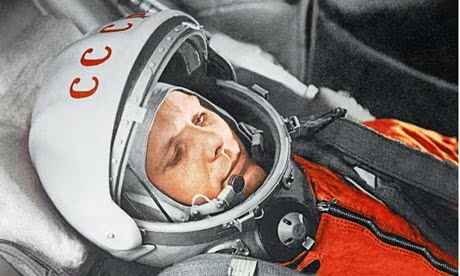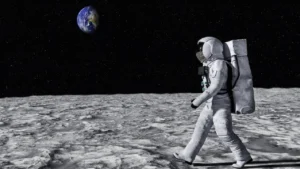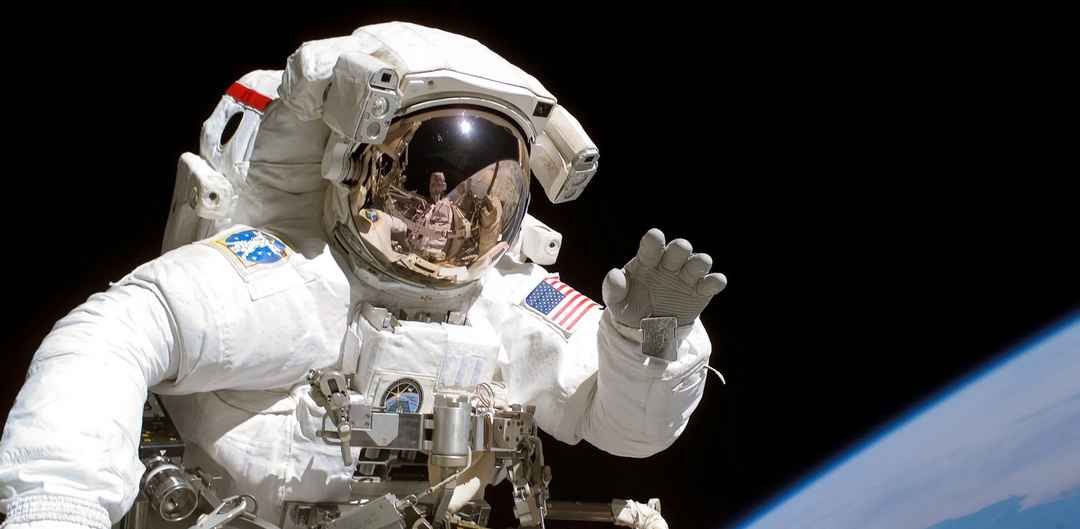Each year on April 12, the world celebrates the defining moment in human history — the day mankind first ventured beyond the confines of Earth.
This day is the anniversary of Soviet cosmonaut Yuri Gagarin’s mission in 1961, when he became the first human to orbit the planet aboard the spacecraft Vostok 1.
This historic achievement not only demonstrates technical prowess but also sparked a new era of discovery and ambition.
Recognized officially by the United Nations General Assembly in 2011, the International Day of Human Space Flight celebrates the enduring legacy of human spaceflight — a legacy that continues to inspire scientific advancement, foster international partnerships, and promote the peaceful exploration of space.

It serves as a reminder of how human ingenuity, courage, and vision can surmount incredible challenges to achieve the extraordinary.
The 108-minute flight of Vostok 1 is much more than a technological triumph — it was a defining moment in the Cold War-era space race and laid the groundwork for future space missions.
Since that journey, more than six hundred astronauts from over forty countries have travelled into orbit, reflecting the increasingly global and cooperative spirit of space exploration.
A Retrospective Glimpse
The roots of this journey go back to October 4, 1957, when the Soviet Union launched Sputnik I, the first artificial satellite, into orbit. Just a few years later, Gagarin’s flight would become a symbol of what human courage and innovation can achieve.
The progress didn’t stop there. In the years that followed, remarkable feats defined the human space odyssey — from Valentina Tereshkova becoming the first woman in space in 1963, to Neil Armstrong’s first steps on the Moon in 1969, and the historic Apollo-Soyuz mission in 1975, which marked the first international collaboration in space.
From the Apollo Moon landings to the construction and operation of the International Space Station (ISS) — a joint effort by NASA, Roscosmos, ESA, JAXA, and CSA — human spaceflight has enabled us to conduct vital scientific research, develop advanced technologies, and better understand Earth and the universe.
It has also inspired generations to dream beyond limits and explore the unknown.

In today’s world, spaceflight has entered a new era. Private companies like SpaceX, Blue Origin, and Virgin Galactic are turning dreams of commercial space travel into reality, while nations such as China and India expand their human spaceflight programs.
From Mars missions to orbital tourism, the future of space travel is dynamic and filled with promise.
On this International Day of Human Space Flight, we not only look back at a bold beginning but also look forward with hope and determination.
The future of human space exploration lies in unity, innovation, and the shared belief that space is the common heritage for all humanity.
Areeba Kanwal is a contributor at The Diplomatic Insight and has passion for International Relations and diplomacy.



